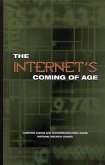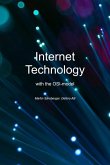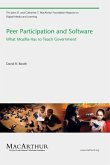'Welcome to the desert of reality', Morpheus pronounced in the film Matrix (1999) to show Neo a new landscape that was emerging. Two decades later, the appearance of immersive virtual reality has given a radical turn to our existence. The use of technologies has been normalized to the point of ensuring a digital life based on multiple and permanent connection. However, the metaverse opens up great opportunities at the same time that it supposes certain unknowns about the face-to-face and the virtual, the technical and social conditions, the economic, political and psychological consequences of technological advances. The transformations underway force us to rethink presence and the body in a new context where they take on another value. Are we prepared to live, work and play in the virtual world? Is it better to have an online meeting with the avatars of our friends instead of hanging out with them in a bar? Do we prefer to see a giant image of our favorite artist on the screen than to see it live at a concert? How will it affect the gap between those who can escape to that metaverse and those who can't?
Hinweis: Dieser Artikel kann nur an eine deutsche Lieferadresse ausgeliefert werden.
Hinweis: Dieser Artikel kann nur an eine deutsche Lieferadresse ausgeliefert werden.

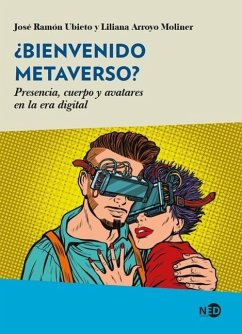

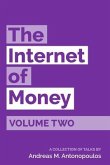
![The Internet and Society [With CDROM] The Internet and Society [With CDROM]](https://bilder.buecher.de/produkte/24/24421/24421210m.jpg)

